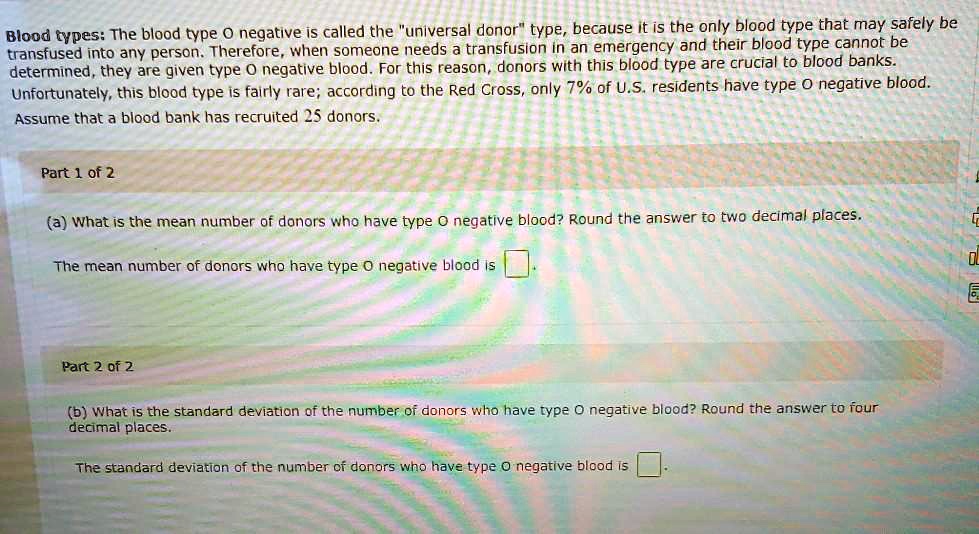


Research has also shown that non-O blood groups have a 60-80 percent higher risk of developing dangerous blood clots, and are also at a greater risk for inflammation.Īnother study done by the University of Vermont showed that people with AB blood were 82 percent more likely than any other blood type to develop thinking or memory problems that leading to dementia. Harvard School of Public Health conducted a study that showed that people with A, B, or AB blood types are at a greater risk of developing coronary heart disease than people with blood type O. Knowing your blood type is important in case of an emergency situation requiring a blood transfusion. This is due to the absence of antigens in O blood, and the fact that Rh-negative blood can also be given to people with Rh-positive blood. O negative blood is the universal blood type, meaning it can be given in emergency transfusions to individuals with any of the eight types of blood. The eight types are A+, A-, B+, B-, AB+, AB-, O+, and O. These four groups expand to eight types with the presence (+) or absence (-) of a protein called the Rh factor. Group O – Has no antigens on red blood cells.Group AB – Has both A and B antigens on red blood cells.Group B – Has the B antigen on red blood cells.Group A – Has the A antigen on red blood cells.Antigens are molecules that induce an immune response if they are foreign to a body.

Blood type is determined by which antigens are present in your blood. There are eight common blood types, along with many rare ones. Common Blood Typesīlood type, like eye color, is inherited from your parents. Research has shown that blood type can influence your risk for a myriad of health conditions, from heart and vascular diseases to thinking and memory problems. However, you could actually be missing out on important health clues by not knowing your blood type. Generally, knowing your blood type isn’t necessary unless there is a medical emergency involving blood loss.


 0 kommentar(er)
0 kommentar(er)
